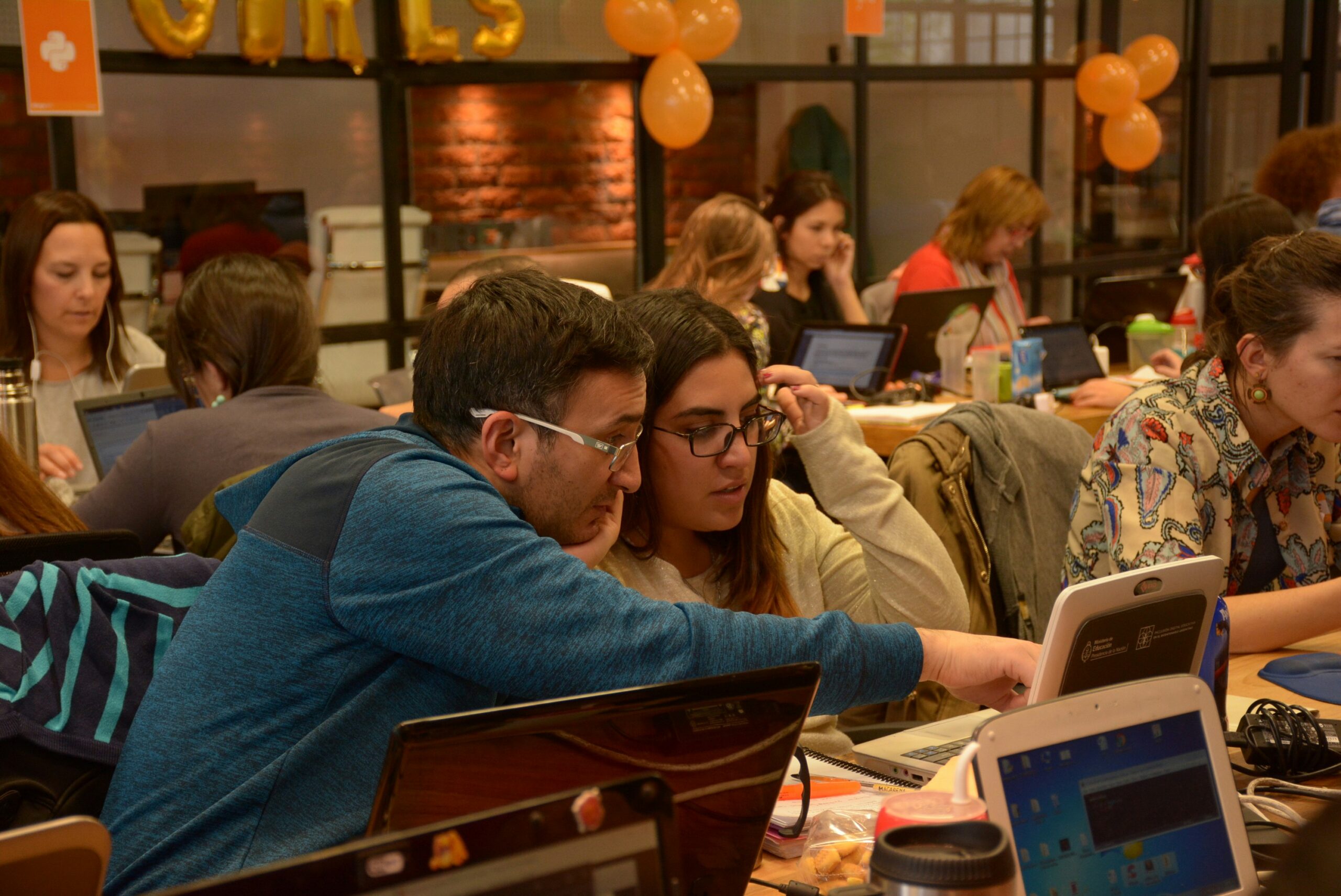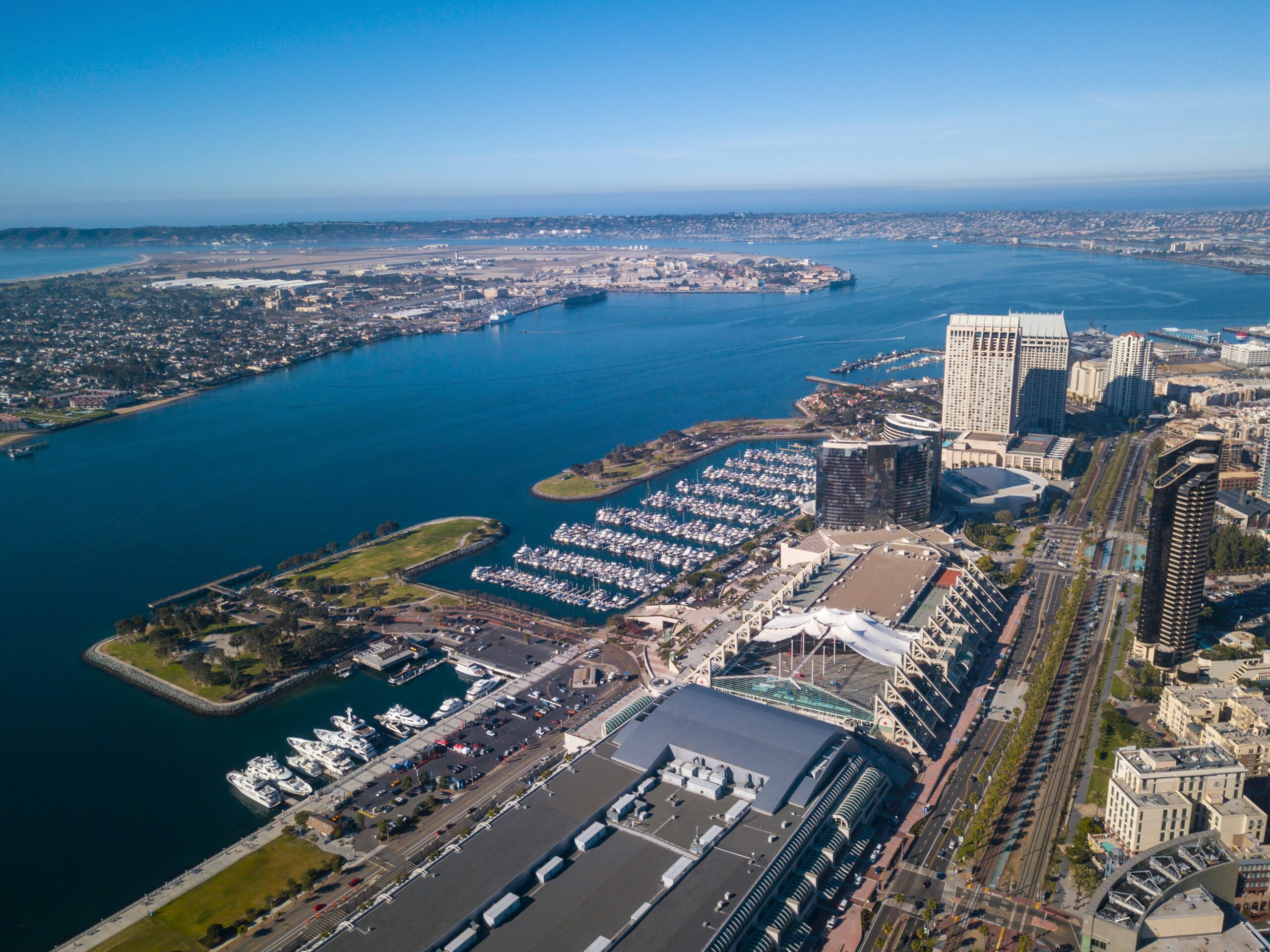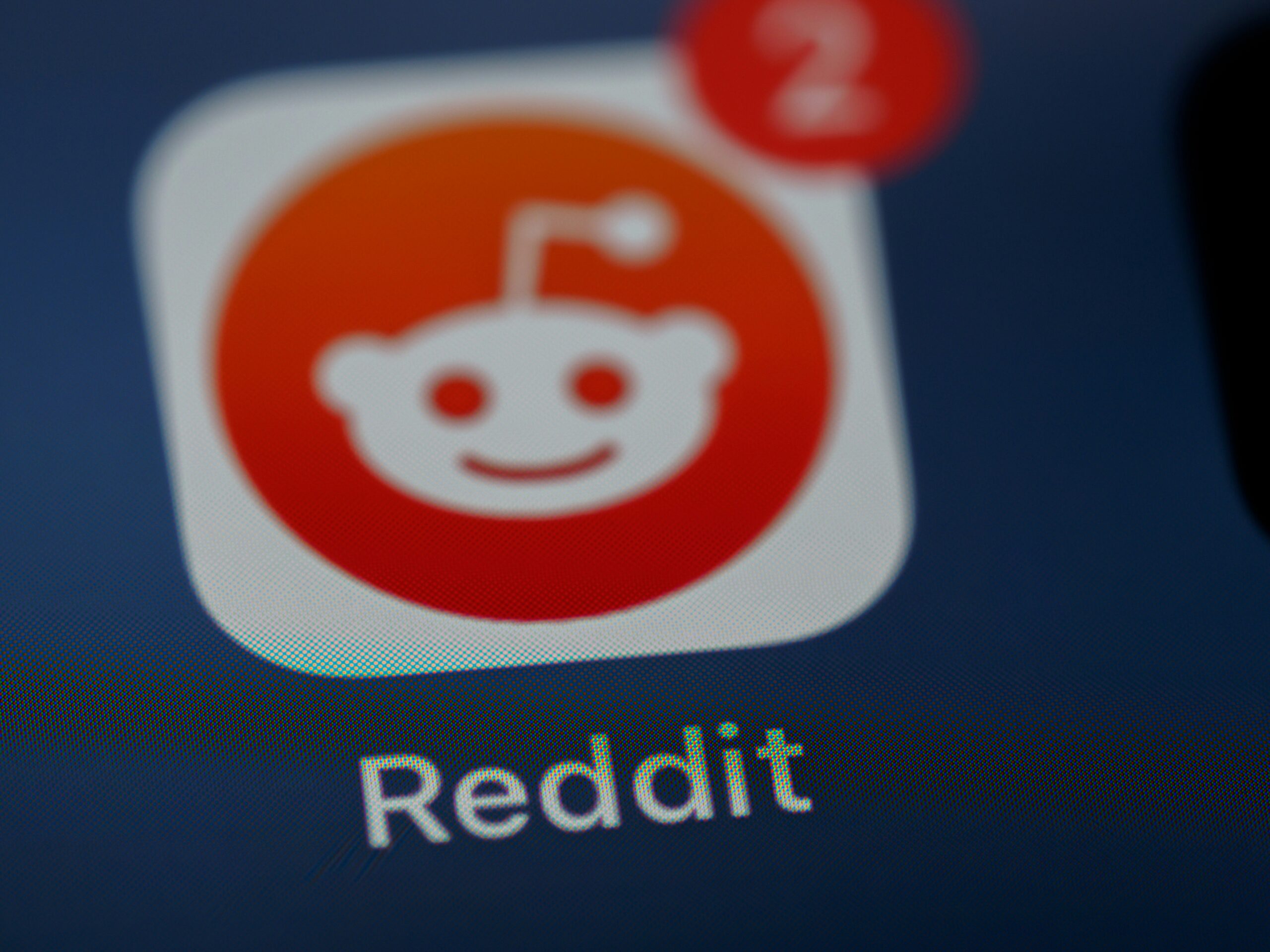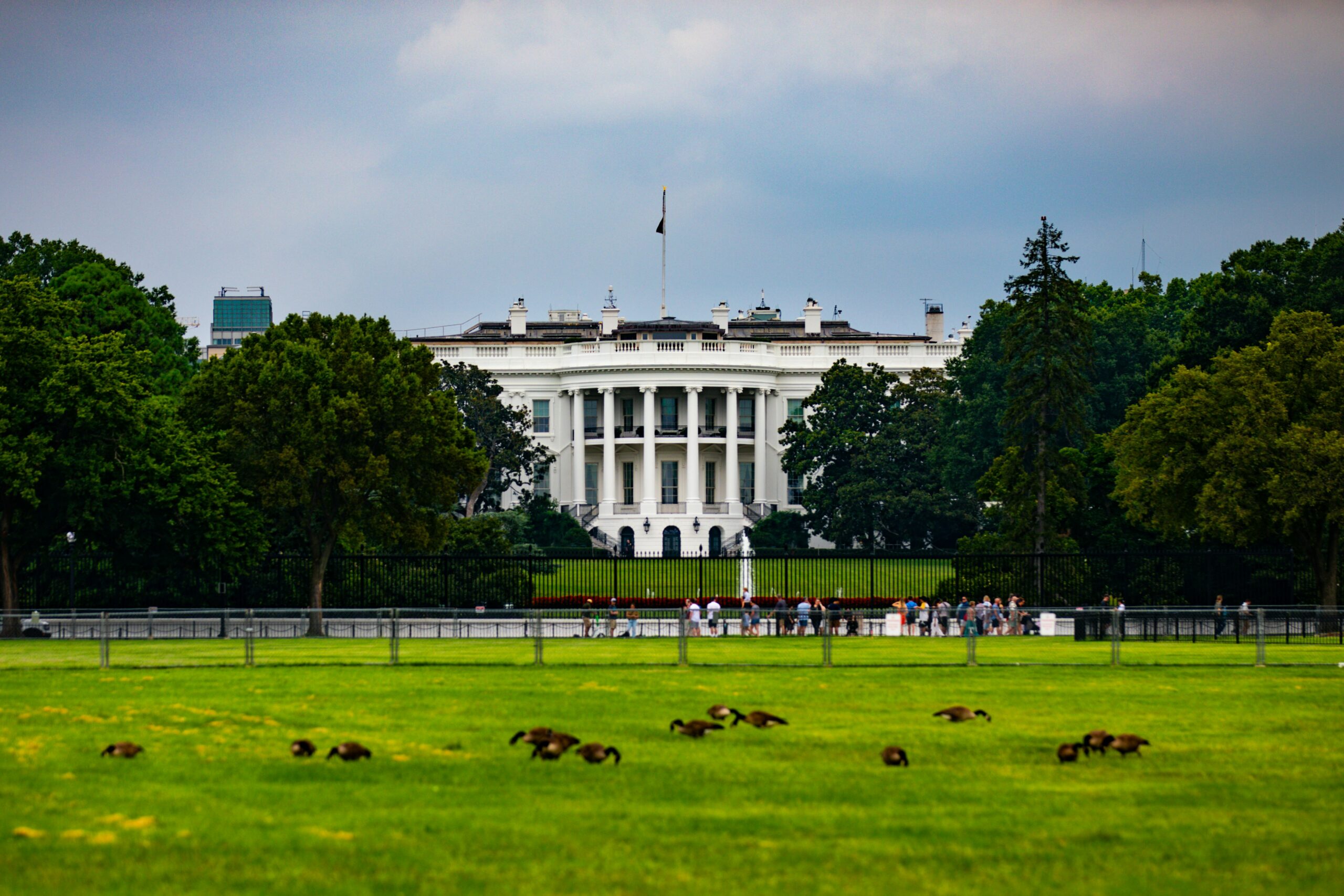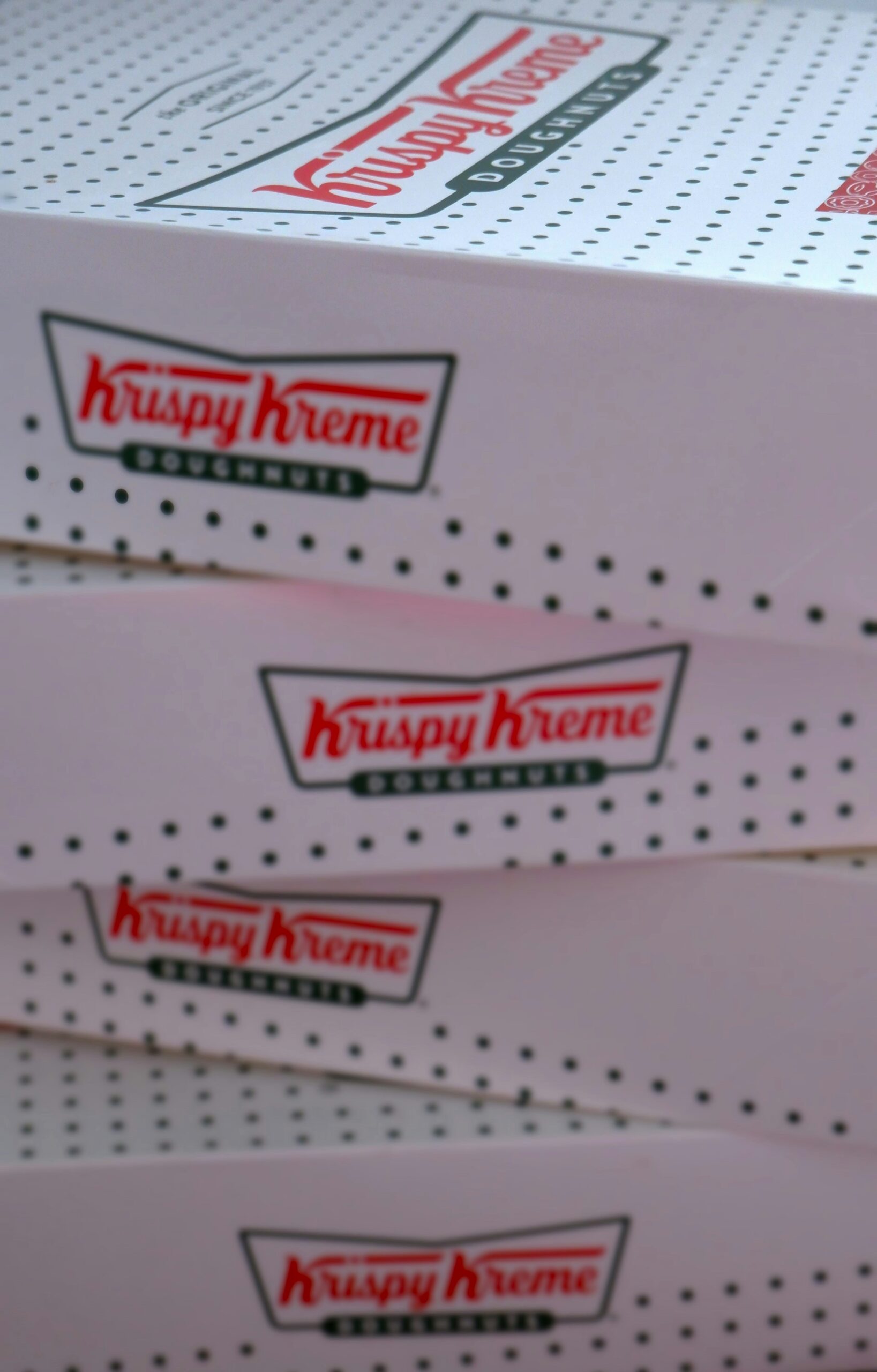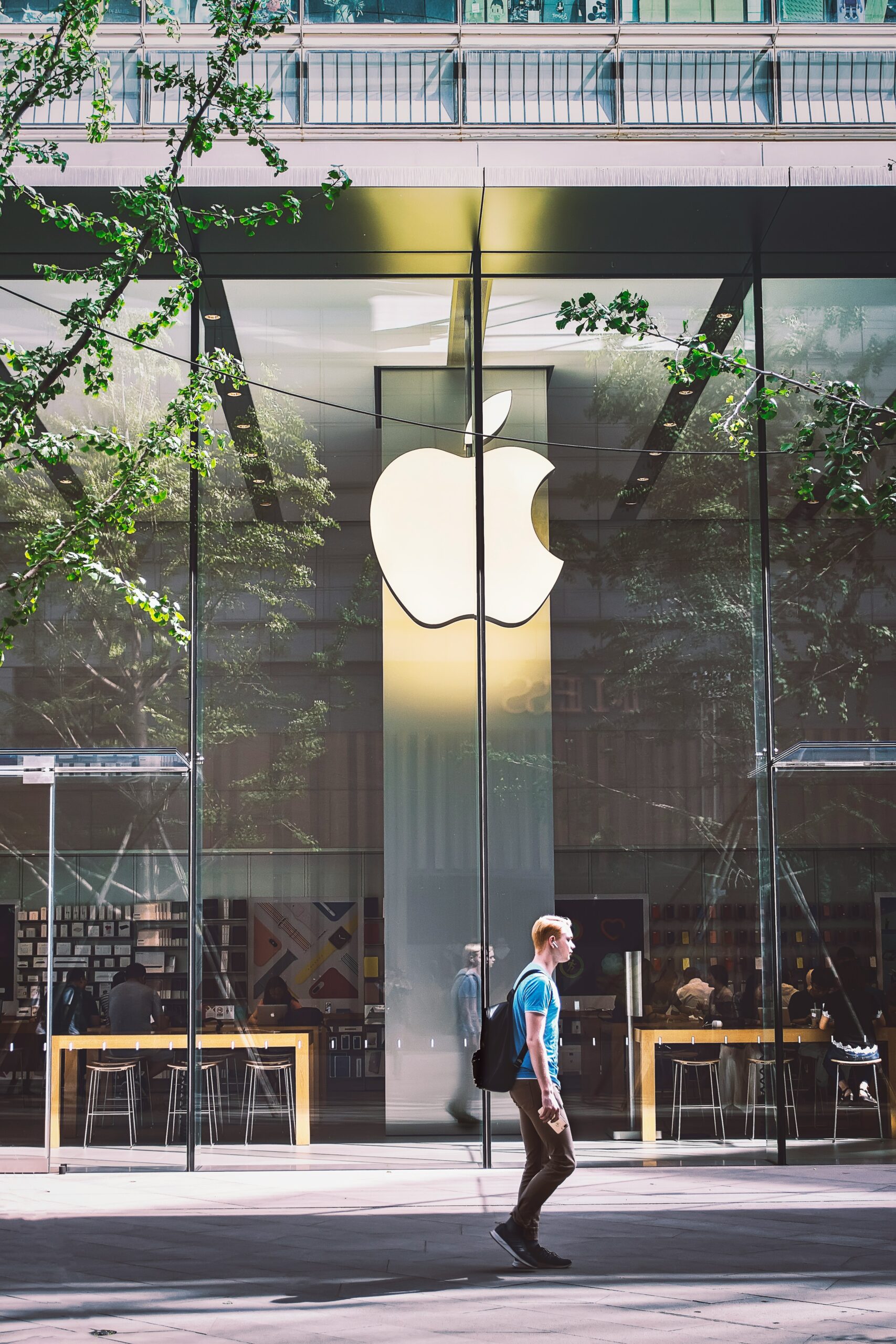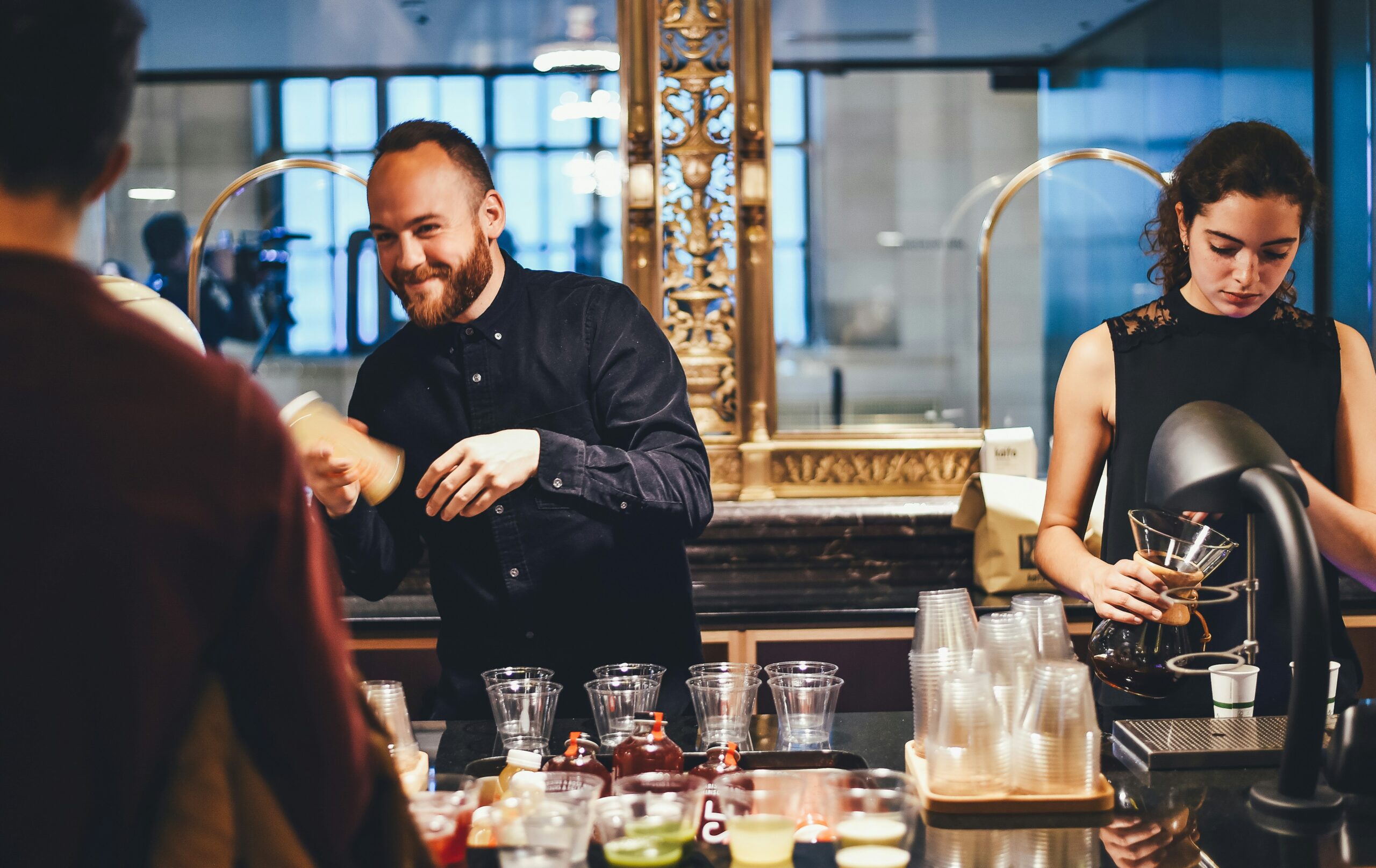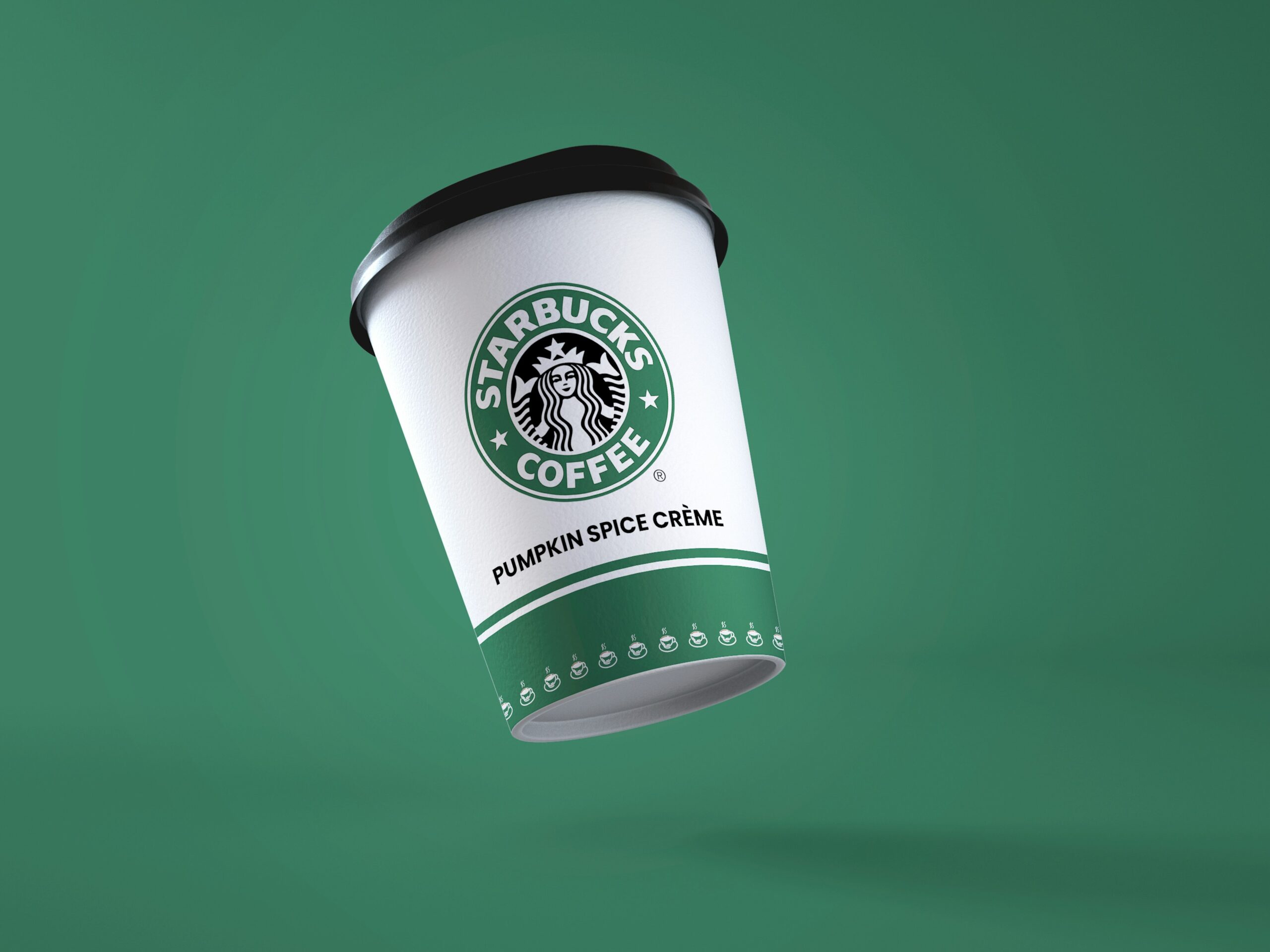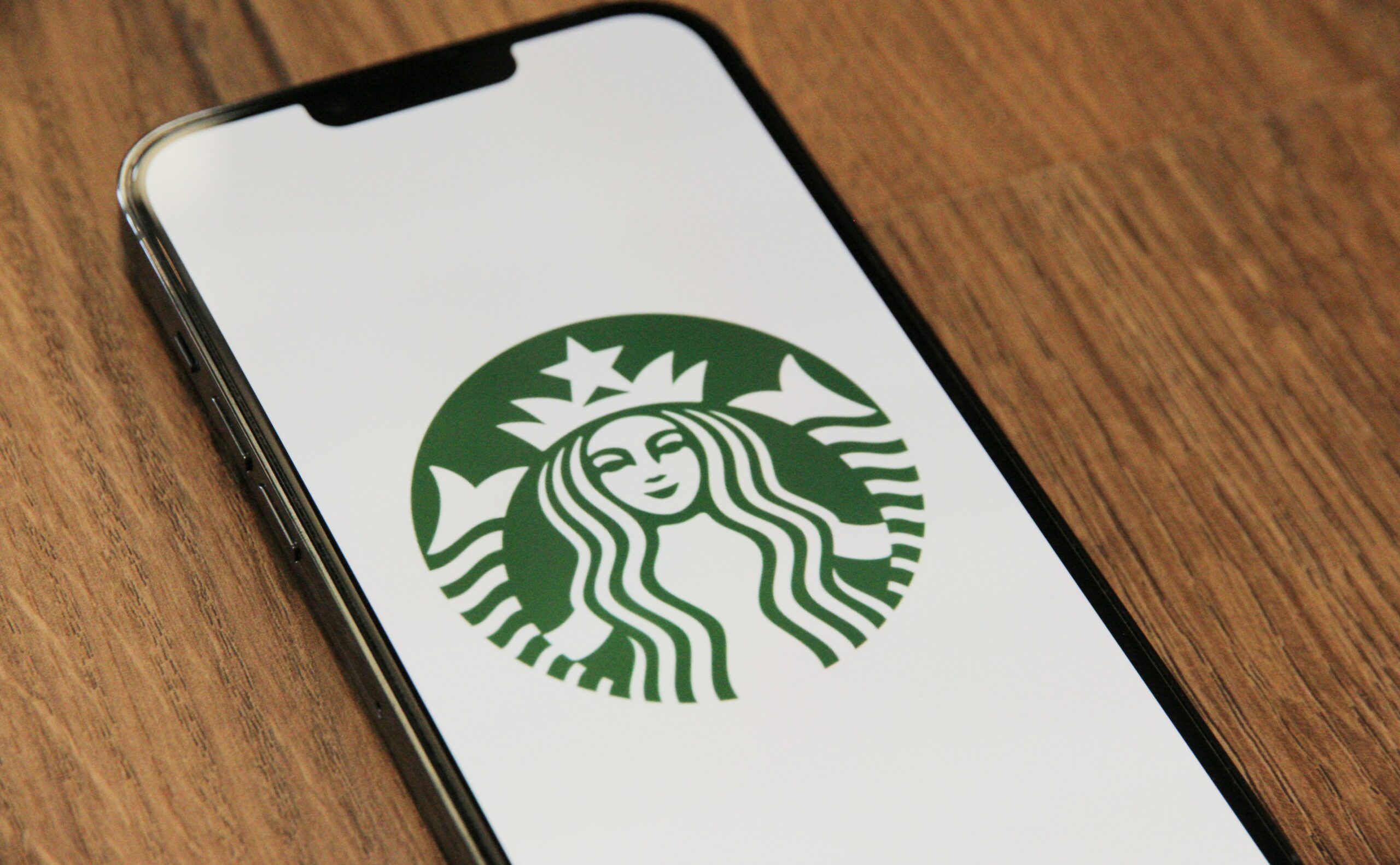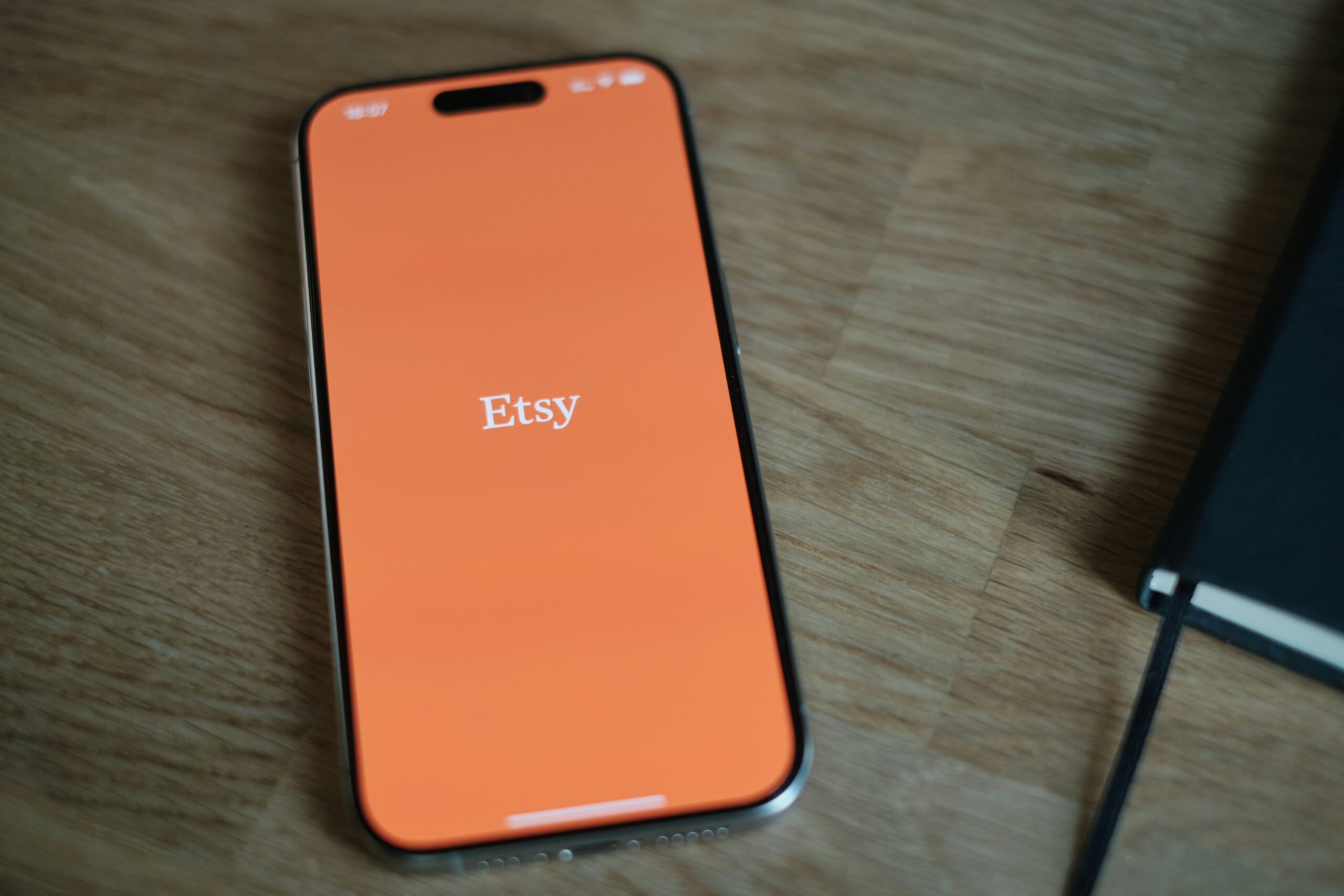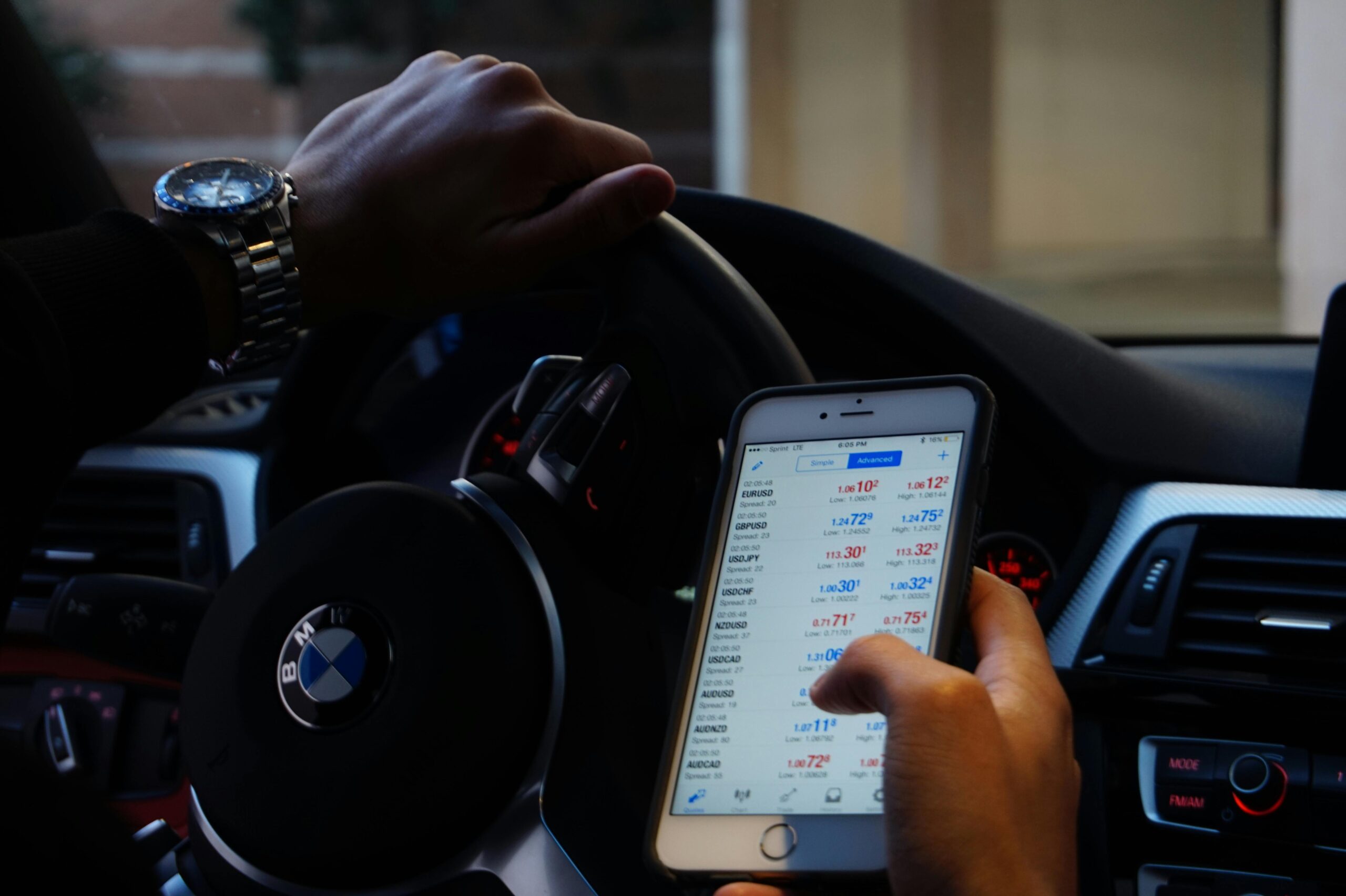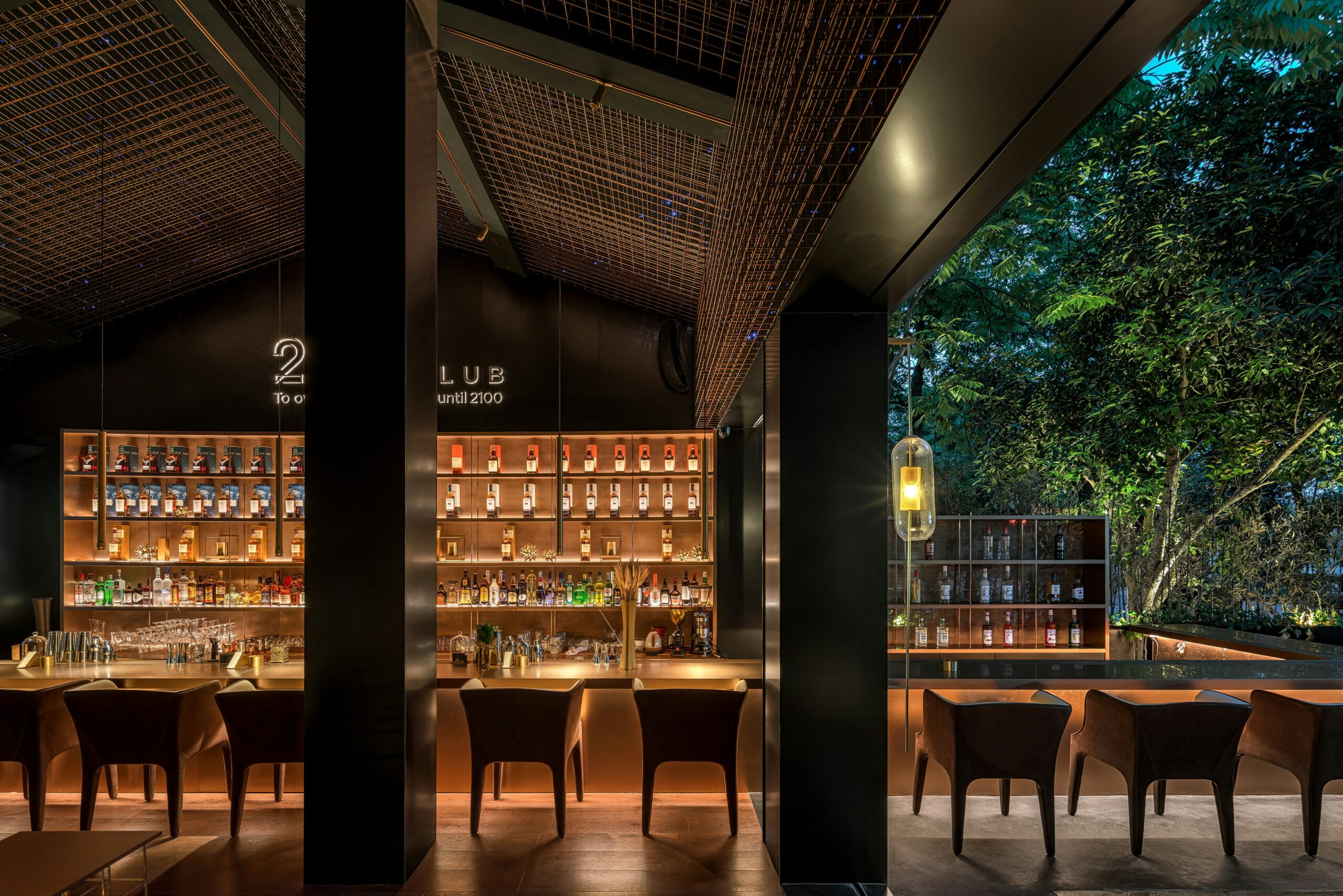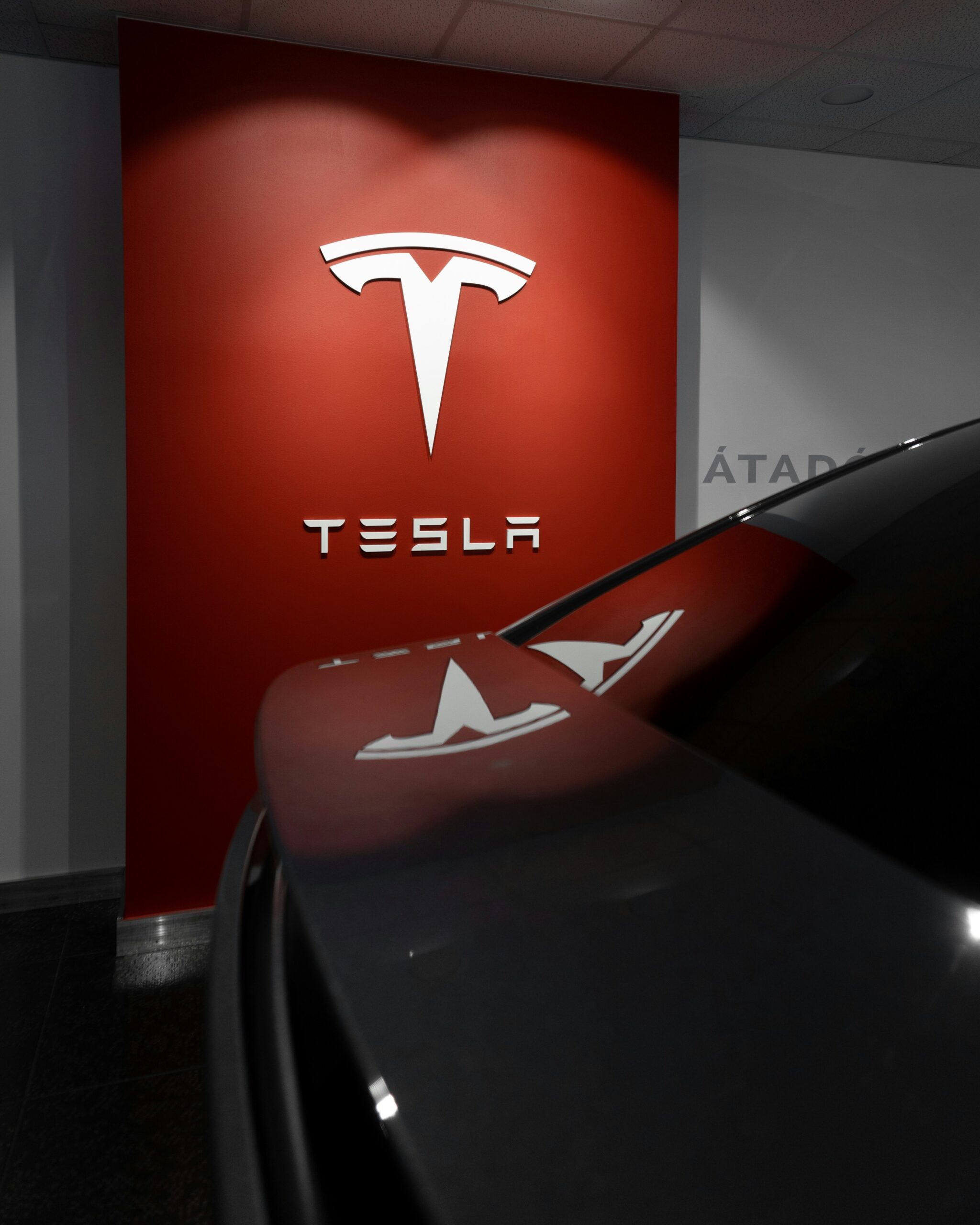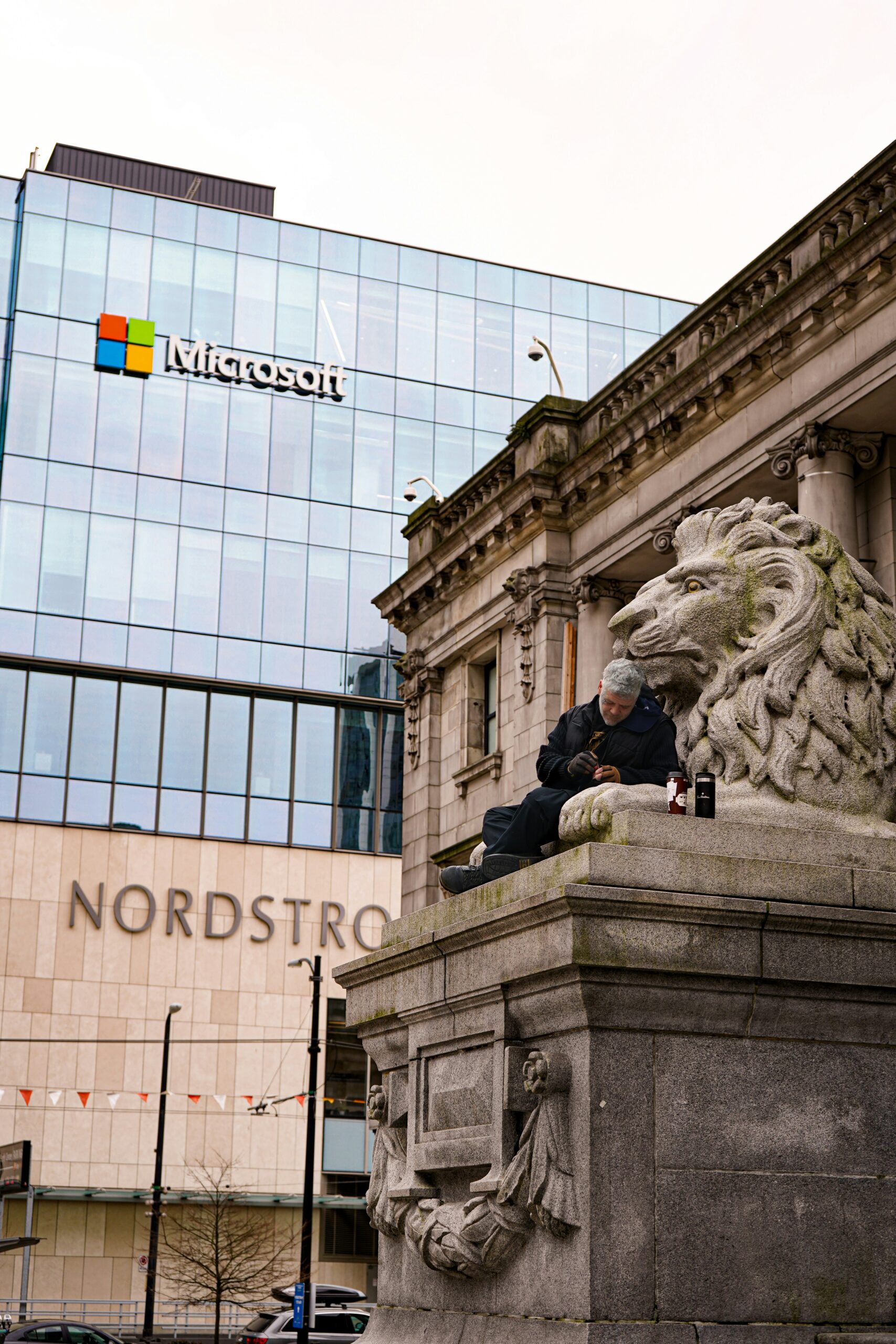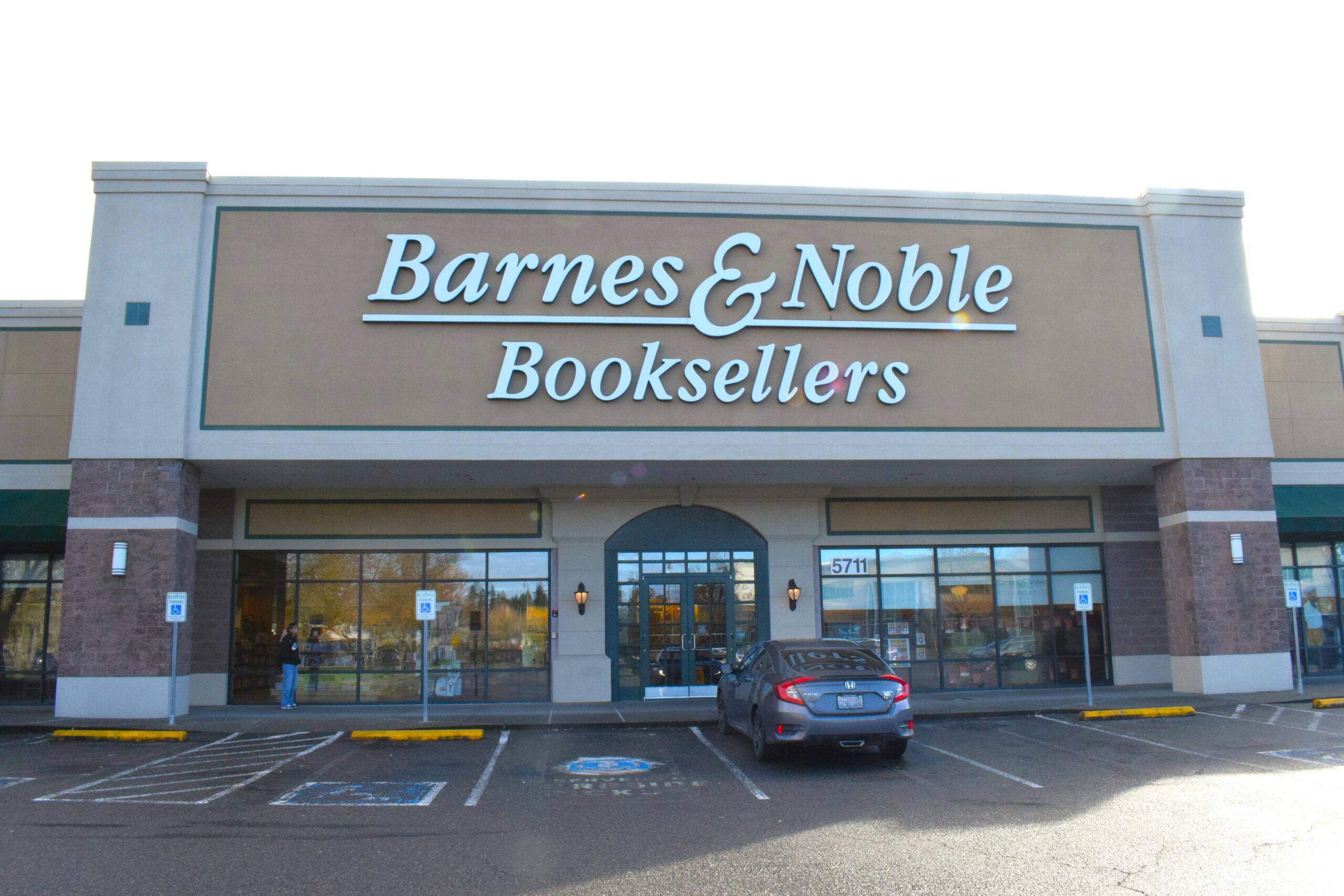Image credit: Unsplash
Content creation is becoming quite a lucrative industry with the rise in the usage of tools like artificial intelligence (AI) and the presence of social media platforms. Content is ultimately flooding the digital field, causing marketing professionals to take several steps back in their content production efforts.
“Consumers today are not just looking for products; they seek genuine connections and experiences that resonate with their values and engage their community,” notes Pauline Oudin, CEO of the experiential marketing agency Gradient. The behaviors of the average consumer are evolving, and many patrons desire increasingly personalized, interactive, and engaging content. In short, the era of passive content consumption is losing steam.
Favoring Experience Economy
Among the many reasons content creation is changing, the rise in experience economies takes the spotlight. An experience economy is a model in which goods and services are sold non-traditionally. Businesses are no longer just marketing a product or amenity; they’re also offering consumers an opportunity that could positively impact their lives.
This economic model treats experiences as entirely different categories from standard goods and services—agencies like Gradient work to guide businesses that aim to form deep, authentic connections with their consumers. Consider a couple of successful immersive adventures that brands present to customers in exchange for real connections and loyalty.
Pop-Up Events
Companies occasionally help create an unforgettable experience for attendees through activities such as trade shows. In a trade show, brands display their services and goods to the public. These exhibitions work to get the audience involved and are usually held in large convention centers, lasting for several days.
Memorable Ambiance
A company’s store design and atmosphere can positively and negatively affect potential customers. If a brand’s “in real life (IRL)” locations follow color schemes, a welcoming ambiance, and a signature vibe from employees, consumers will begin to recognize the business significantly. According to Statista, 89% of consumers prioritize recommendations from individuals they “know” over conventional advertisers. Familiarity often encourages people to revisit more frequently, driving more traffic to the brand.
Personalizing Immersive Technology
As the digital services industry grows, many companies must adapt to new customer attraction methods. Immersive technology plays a crucial role in curating each user’s experience. Brands will cater to consumer’s needs and wants, allowing them to personalize their digital ventures. Technologies like artificial intelligence (AI), virtual reality (VR), augmented reality (AR), and gamification further promote these modern marketing tactics.
Artificial Intelligence
AI understands how to personalize a customer’s experience based on preferences, interests, and occasionally previous encounters. This type of technology allows people to receive more engaging experiences with a brand.
Augmented Reality
Being more complex, AR could showcase everything from virtual chat rooms to contact-free retail. Customers are more likely to collaborate successfully with a business using a digital tool like AR. Look at Gradient’s I.M.Pulse, which was created to capture AR content during immersive experiences at live events.
Gamification
Machine learning (ML) and AI are primarily enabling gamification systems. These systems analyze massive amounts of consumer data to better understand a company’s audience’s preferences.
Virtual Reality
Similar to AR, VR creates entire virtual worlds for consumers to explore. By utilizing interactive environments and immersive simulations, users can receive a completely customizable experience.
Emotional Connections and Storytelling
Storytelling is another significant aspect of experience curation. Gradient believes that a brand’s narrative should surpass the content itself and work toward encouraging deeper emotional connections with the audience. Having worked with brands like Tiffany’s, Absolut, and Samsung, Gradient has successfully led companies to use creative storytelling productively, manifesting stronger customer bonds.
Next Steps for the Professional Marketer
“You no longer need to be an influencer to influence,” Gradient quips. Moving forward, marketers focus less on creating content and more on curating experiences for their audience. Gradient is an experiential marketing agency proudly providing services to leverage technology, allowing your business to incorporate immersive and interactive storytelling into your upcoming campaigns. Marketing is all about memorable experiences. Set aside the technical and make memories with your passionate patrons.


























